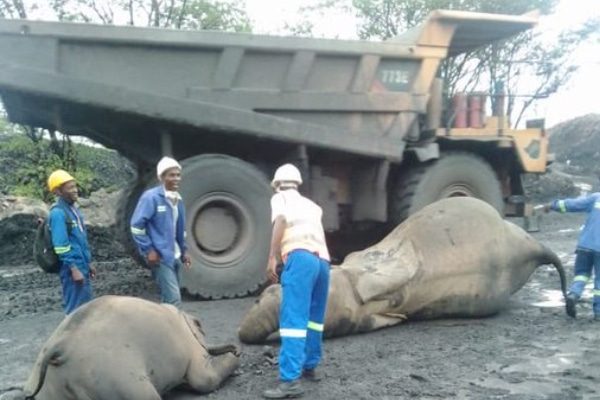Chinese still operating in Hwange despite ban

Chinese owned mining firms are still mining in Hwange National Park despite claims by the government that it has banned mining in national parks, Bulawayo Central Legislator Nicola Watson has said.
Anerudo Mapuranga
The Member of Parliament for Bulawayo Central Constituency through her Twitter handle said companies are still operating in the Hwange despite the government of Zimbabwe’s promise to cancel all mining titles held in national parks.
“It would appear however that Chinese mining co s (companies) are still operating inside the Hwange National Park despite GOZ assurance that this was banned and would stop,” Watson said.
The banning of mining in national parks came after local and international outcry over the decision to grant Special grants to two Chinese owned mining companies, Afrochine and Zhongxin Coal Mining Group in Hwange National Park for coal exploration and mining.
The news about the Special Grants that were issued to the two mining firms came at a time Zimbabwe was losing its elephants under unclear circumstances in Hwange National Park. The national park is home to 10 per cent of Africa’s last wild elephants.
China is the biggest ivory consumer in the world and reports from different countries in Africa and Asia have implicated the Chinese in most wildlife poaching activities, a fact which has made many Zimbabweans be pessimistic about the Chinese owning a mining concession in the wildlife zone.
The government then responded to the international outcry by banning all mining activities in national parks.
Before the ban, Zimbabwe Environmental Law Society (ZELA) filed an urgent chamber application to stop two Chinese mining firms Zimbabwe Zhongxin Mining group and Tongmao Coal Mining’s mining activities in Hwange National Park.
Siting that the National Parks were a no-go area for mining as these would frustrate the potential of the tourism sector becoming a multibillion-dollar industry in Zimbabwe as mining within the National Park poses an acute risk of irreversible ecological degradation.


